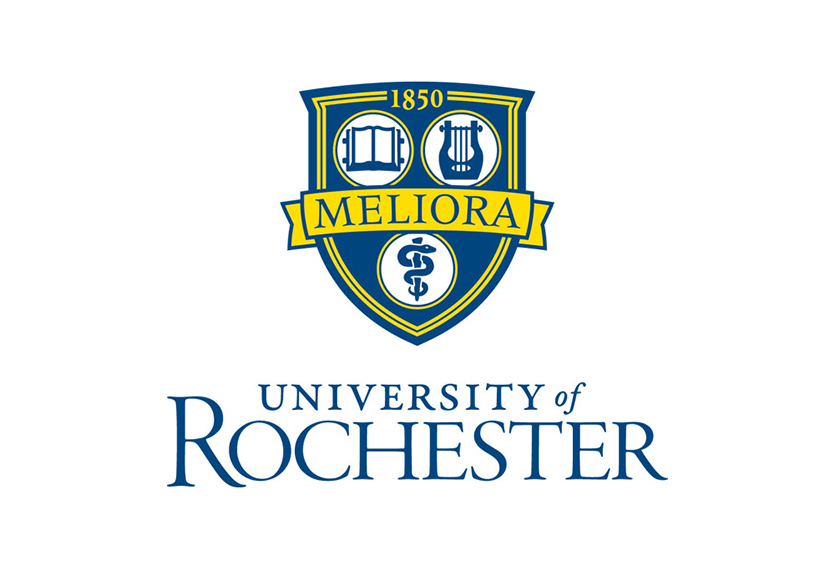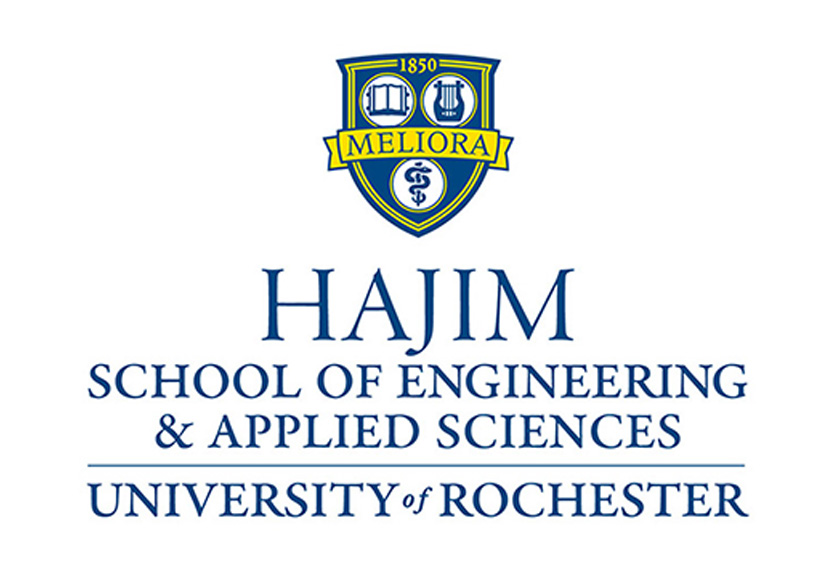
12/07/2022
My name is Marissa Granados Baez. I was born in Cordoba and grew up in Orizaba, both in the state of Veracruz in Mexico. I recently graduated from the Ph.D. Optics program at the Institute of Optics at the University of Rochester. The focus of my Ph.D. was on integrated photonics. My main project focused on building an on-chip laser based on 2D materials.
I studied for my bachelor’s degree in Physics at Universidad Nacional Autónoma de México (UNAM) in Mexico City. During the bachelor, I took my first class in Optics and enjoyed the topic incredibly. I was interested in anything related to Optics and took every available class related to this subject after that. I was interested in research describing the behavior of light. I consider that research in Optics impacts technology in our everyday life.
I decided to pursue a Ph.D. in Optics because it has a good intersection between academic and industrial research and future opportunities. After deciding to pursue a graduate program, I searched for the best Optics programs in the USA. The University of Rochester was among the top ones. Professors at UNAM also recommended the program. Later, I met professor Miguel Alonso, who is part of the Institute of Optics, and encouraged me to apply.
After joining the Optics program, I became interested in integrated photonics during the program’s first year. I enjoy the idea of taking big optical setups and shrinking them to the size of a chip. I consider that integrated photonics can make optical techniques more available and valuable for other research fields and technologies. That is the reason I joined Professor Cardenas’s group.
In the group, we design, fabricate, and test our own photonic devices. We conduct our research and help the other students in the laboratory. We learn to use and maintain the equipment for the experiments. We rotate weekly journal club, research presentations, and food ordering for group meetings among the students. One of the biggest challenges is learning to make quick decisions and manage the time to do multiple projects or tasks simultaneously.
My process of carrying out research had multiple stages. A typical day of work depended on the stage. The theoretical research background to design a device took 1-2 months for my experiments. Designing the chips could take around 3-4 weeks. I used this time to run simulations and decide the best device parameters.
We fabricate our devices at Cornell’s Nanoscale Facility (CNF). Fabrication in the clean room could take a week if everything runs smoothly or a month if the tools are down or the wafer is damaged, and I needed to restart the fabrication process. Also, it took time to learn how to work in a clean room because I had never been in one before, but the people in the group and the CNF were incredibly helpful. I would usually go to Cornell on Monday and stay until Thursday or Friday. I would return multiple weeks if necessary. After the chips were ready, I tested them at Cardenas Lab laboratory, where I would test during the day or leave an automated program running to obtain multiple measurements.
What I liked the most about my research as a Cardenas Lab Ph.D. student was designing a device, fabricating it, and testing if the design achieved the goal I had set.
While being part of the group, I developed considerable skills through leading my project and collaborating with other people in the group and with other research groups. Also, I learned to work with people in charge of clean room tools to troubleshoot issues with the tools and with my fabrication process. I learned organization and cleanliness in the lab, and the office makes everything easier. I also further developed written and oral communication skills with multiple presentations in the journal club and writing club during group meetings. I also presented at different conferences and events in the USA and abroad. I learned to manage multiple projects, to work and work with a group of multiple people and personalities to achieve a goal.
After graduation, I will start a research position in a company. I have talked with multiple companies that consider the skills I developed during the Ph.D. program in Cardenas lab incredibly valuable and relevant.
I would advise prospective students to consider that even if the experiments do not go exactly as planned, the knowledge acquired while running them is extremely valuable.



